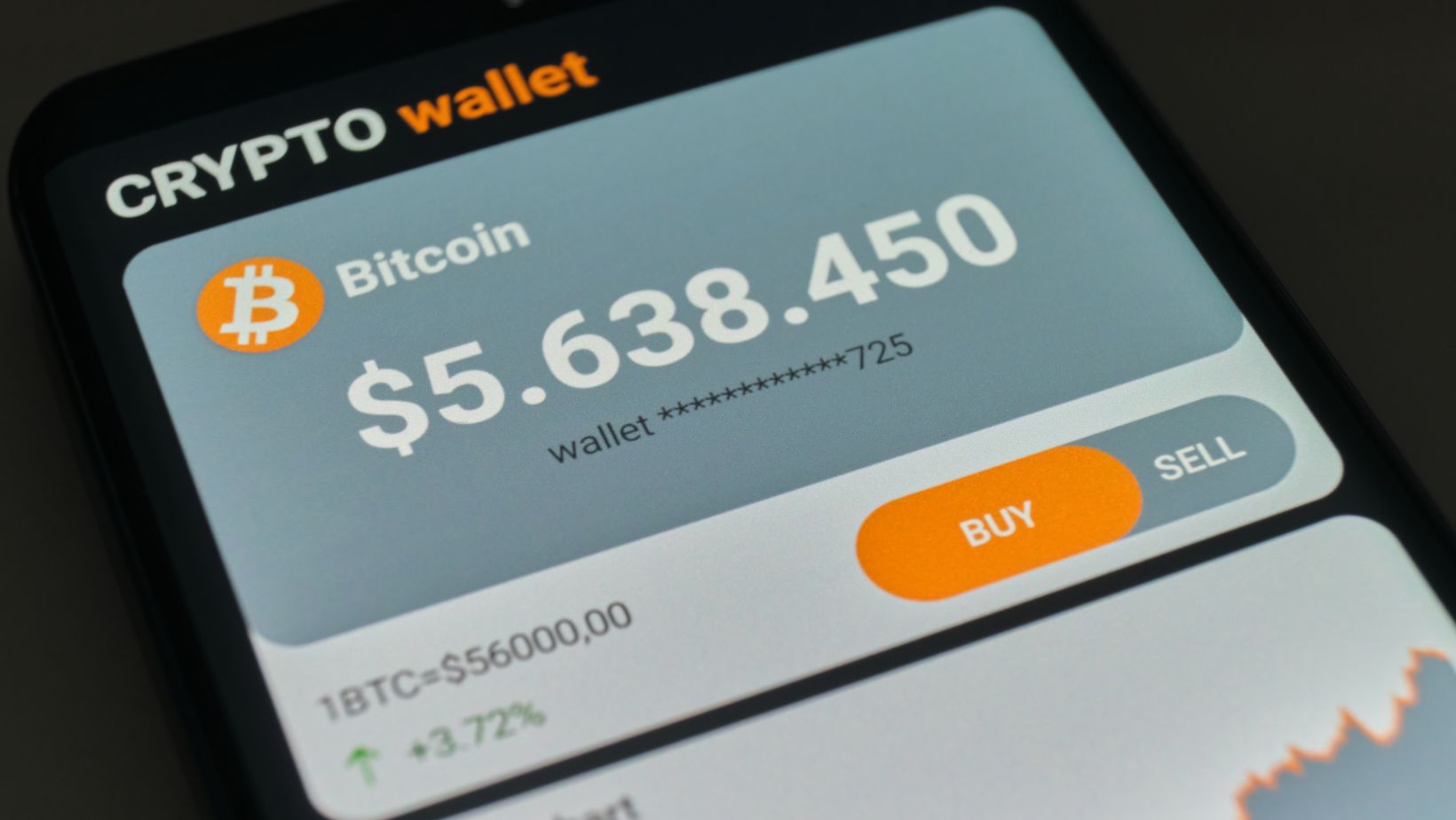With decentralized finance (DeFi) and digital assets gaining momentum, crypto wallets have become the fundamental tool for accessing the blockchain world. Whether you’re trading cryptocurrencies, minting NFTs, or staking tokens, having a secure and efficient wallet is the gateway to Web3 and all its opportunities. However, choosing the right wallet or developing a custom one is crucial for businesses and serious crypto users to ensure security, usability, and future-proofing. This article contains the summarized facts from the guide How to Build a Crypto Wallet.
Understanding What A Crypto Wallet Is
A cryptocurrency wallet is a digital tool that manages your private and public cryptographic keys, which prove ownership of digital assets on the blockchain. Unlike a traditional wallet holding physical cash, a crypto wallet doesn’t store coins directly but controls access to them on the decentralized ledger. It acts as your personal identity and security key within the blockchain ecosystem, enabling you to send, receive, and manage your crypto assets confidently.
Types Of Crypto Wallets
Crypto wallets come in various forms, each designed with specific storage methods, security levels, and use cases:
- Hot wallets: These are always connected to the internet and are typically software applications on desktops, mobile devices, or as browser extensions. Hot wallets offer quick access and ease of use, suited for day-to-day trading and DeFi activities. Popular examples include MetaMask and Trust Wallet.
- Cold wallets: These wallets store keys offline, such as hardware devices (Ledger, Trezor) or even paper wallets. Cold wallets provide enhanced security by being isolated from internet threats and are ideal for long-term storage or large asset holdings. However, they’re less convenient for frequent transactions and need careful backup to avoid permanent loss.
- Custodial vs. non-custodial: Custodial wallets are controlled by a third party (such as exchanges like Coinbase or Binance), simplifying access at the cost of user control and increased dependence on the custodian. Non-custodial wallets give users full ownership and responsibility for their keys, requiring greater technical literacy but offering privacy and autonomy—aligning with true decentralization principles.
How To Build A Crypto Wallet
Developing a custom crypto wallet involves several key phases:
- Define the purpose and audience: Decide if your wallet will be custodial or non-custodial, focus on single or multi-chain support, and identify your target users (retail, institutional, or niche markets like NFT collectors).
- Choose platforms: Select between mobile apps, desktop clients, browser extensions, or a combination for cross-platform experience.
- Focus on security and simplicity: Build an intuitive onboarding process, educate users on safe key management, and design clear transaction workflows to balance usability with protection.

- Backend architecture: Set up scalable systems for user authentication, transaction history, notifications, and analytics when needed.
- Develop core features: Implement secure key management, seed phrase generation, transaction handling, blockchain network integration, and support for multiple tokens.
- Integrate third-party services: Enhance functionality with APIs for market data, fiat on-ramps, NFT marketplaces, and dApp connectivity.
- Rigorous testing: Conduct functional, compatibility, security, and user acceptance tests across devices and scenarios.
- Launch and maintain: Monitor performance, gather feedback, push updates, and ensure regulatory compliance continuously.
Final Thoughts
A crypto wallet is more than a simple tool; it’s a foundational layer connecting users to the decentralized world. As blockchain technology evolves and digital assets expand into new sectors, wallets must offer seamless integration, strong security, and user-centered designs. Whether you seek to create a basic wallet app or a complex multi-chain platform for institutions, partnering with an experienced crypto wallet development company ensures your project’s success, security, and scalability. By investing wisely in crypto wallet development today, you lay the groundwork for controlling the future of digital finance.




